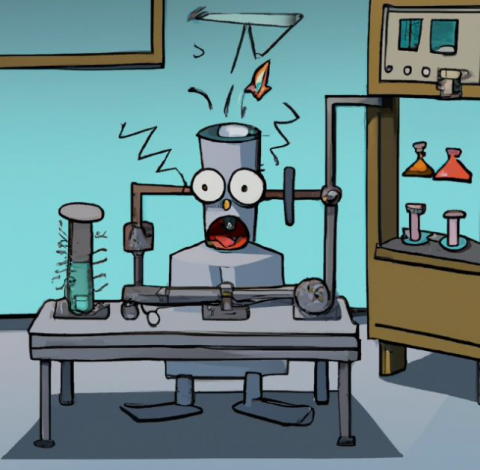Three Shocking Truths About Early-Stage Concept Development

In the world of product development, the early stages of concept development are often overlooked or sometimes come with unexpected surprises. Many companies, in their rush to bring a product to market, skip over or cut short the crucial phase of early-stage concept development. Beware of skipping this stage because this is where the magic truly happens.
1.) The Overlooked Stage
Setting the Foundation for Product Success
The first shocking truth about early-stage concept development is that it's often overlooked. Many companies are eager to jump into the detailed design and mass production stages, neglecting the importance of the initial concept development. However, this stage is where a significant amount of the product's success is determined. It's where ideas are born, tested, and refined. It's where the foundation for the entire product is built. Skipping the early-stage concept development stage often results in more total effort and more total cost and produces products that do not deliver to their full potential.
The Cost of Skipping Early-Stage Concept Development
The reality is that developing any new product represents a significant effort. Design engineers often want to focus on executing a particular design solution to solve a particular problem, without using the opportunity to identify other areas for potential improvement. In one specific example, DDI was asked by our customer to redesign an existing steel housing to utilize plastic in order to address a corrosion problem. We encouraged the customer to take a step back and start the project with concept development. Through this process, we identified a host of additional issues related to assembly effort, ergonomics, shipping costs, and also developed a concept that significantly reduced product costs and improved aesthetics, in addition to solving their corrosion problem. By taking a bit more time during concept development, a far more impactful redesign was achieved.
2.) Embracing Failure
Embracing Failure for Product Improvement
Failure is a common and beneficial part of early-stage concept development. It might seem counterintuitive, but failure is a crucial part of the process. Bestselling author John C. Maxwell is quoted as saying “Fail early, fail often, but always fail forward.” It's through these failures that teams learn what doesn't work, leading them to refine their ideas and ultimately create a better product. The key is to fail fast and learn quickly. Embracing this principle is one of the shocking truths which lead to successful new product development. As Thomas Edison once said, "I have not failed. I've just found 10,000 ways that won't work."
Iterating Quickly to Create Better Products
Every project and every product is unique but one thing holds true, if you are attempting to introduce any significant amount of innovation into the project, you are by definition creating something new and likely to encounter surprises and failures. Expect them, plan for them, and learn to move and iterate quickly through this during concept development.
3.) Beyond the Product
Looking at the Bigger Picture in Concept Development
The third shocking truth is that early-stage concept development isn't just about the product itself. It's also about understanding the market, the customer needs, and refining the overall business strategy. Companies that focus solely on the product or try hard to fit a new widget into their existing widget factory, without considering these other aspects, may find that their product doesn't resonate with their target customers or align with their business goals, no matter how innovative or well-designed the product is.
Understanding Customer Needs and Market Dynamics
So, as you embark on your next product development journey, remember the power of early-stage concept development. Don’t skip the key step in the design process, embrace learning from failures, and always keep the bigger picture in mind. Remember new product development efforts need to start with a wide-angled look at the product's fit with a number of key areas.
Partnering for Success in New Product Development
Never be afraid to take control of your market and become an innovator. Good leaders need good partners though, and with over 50 years of combined experience in product design and implementation, Design Department Incorporated can help you seize the opportunities and lead your team through the early stages of new product development.
